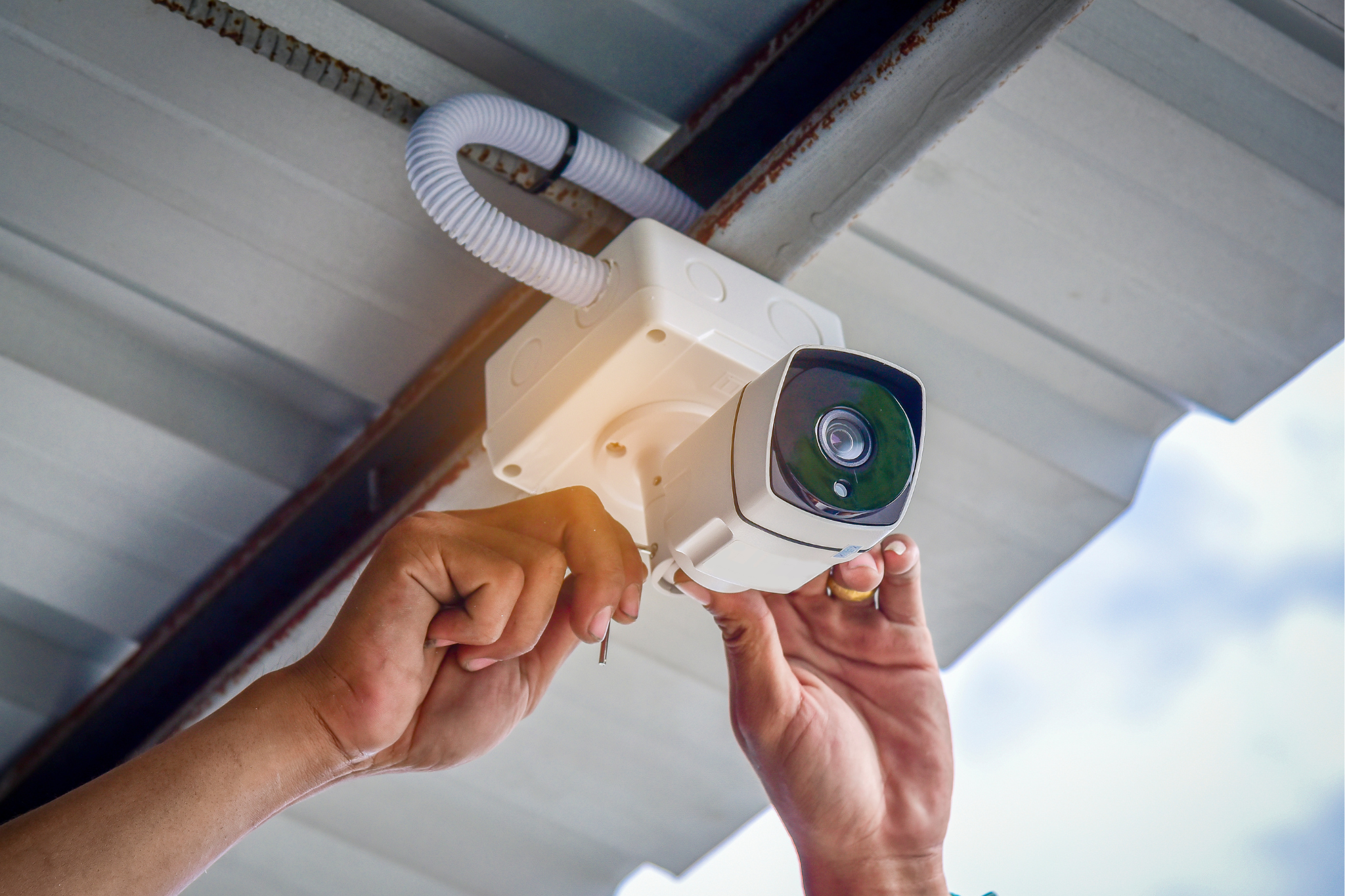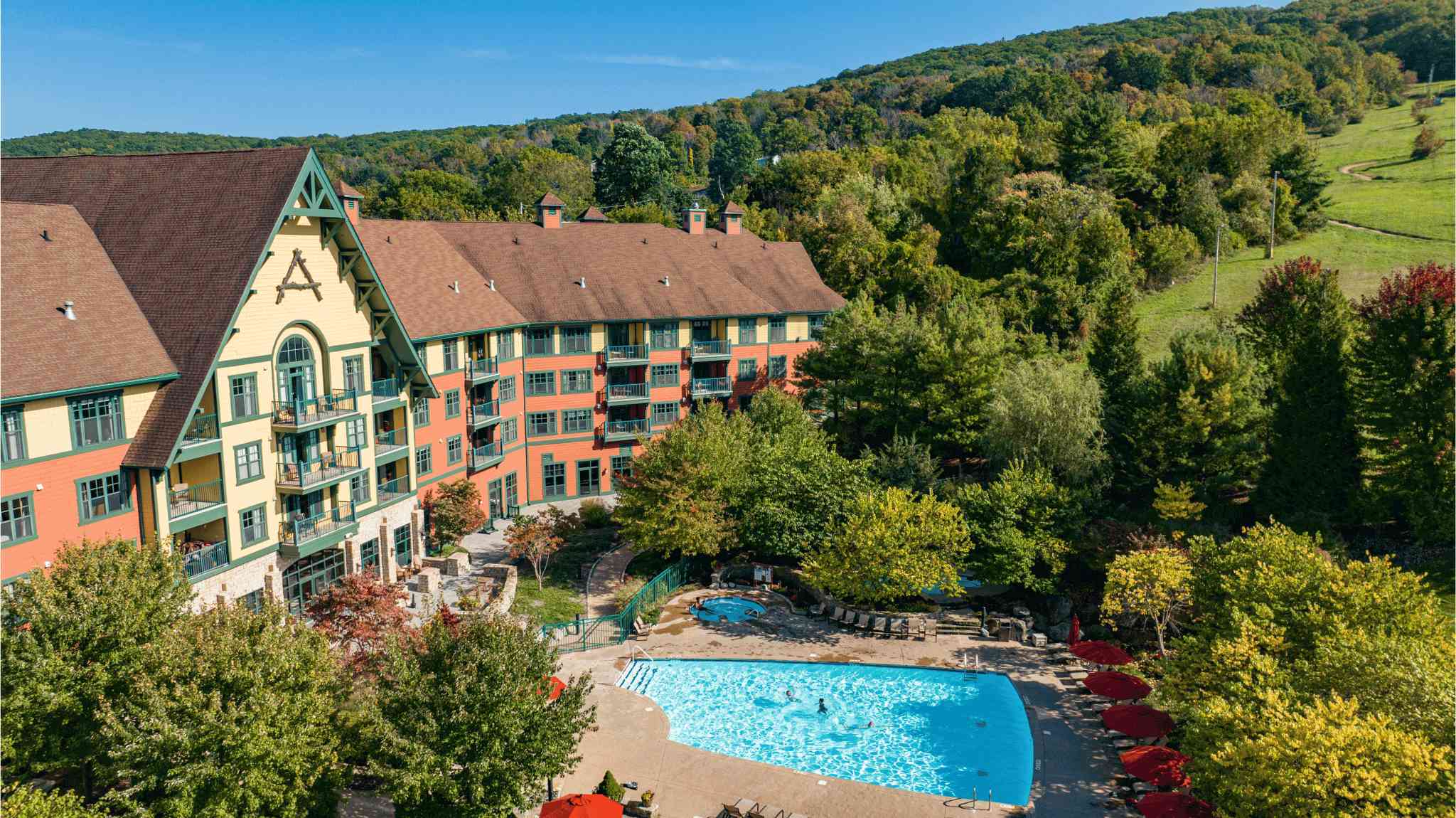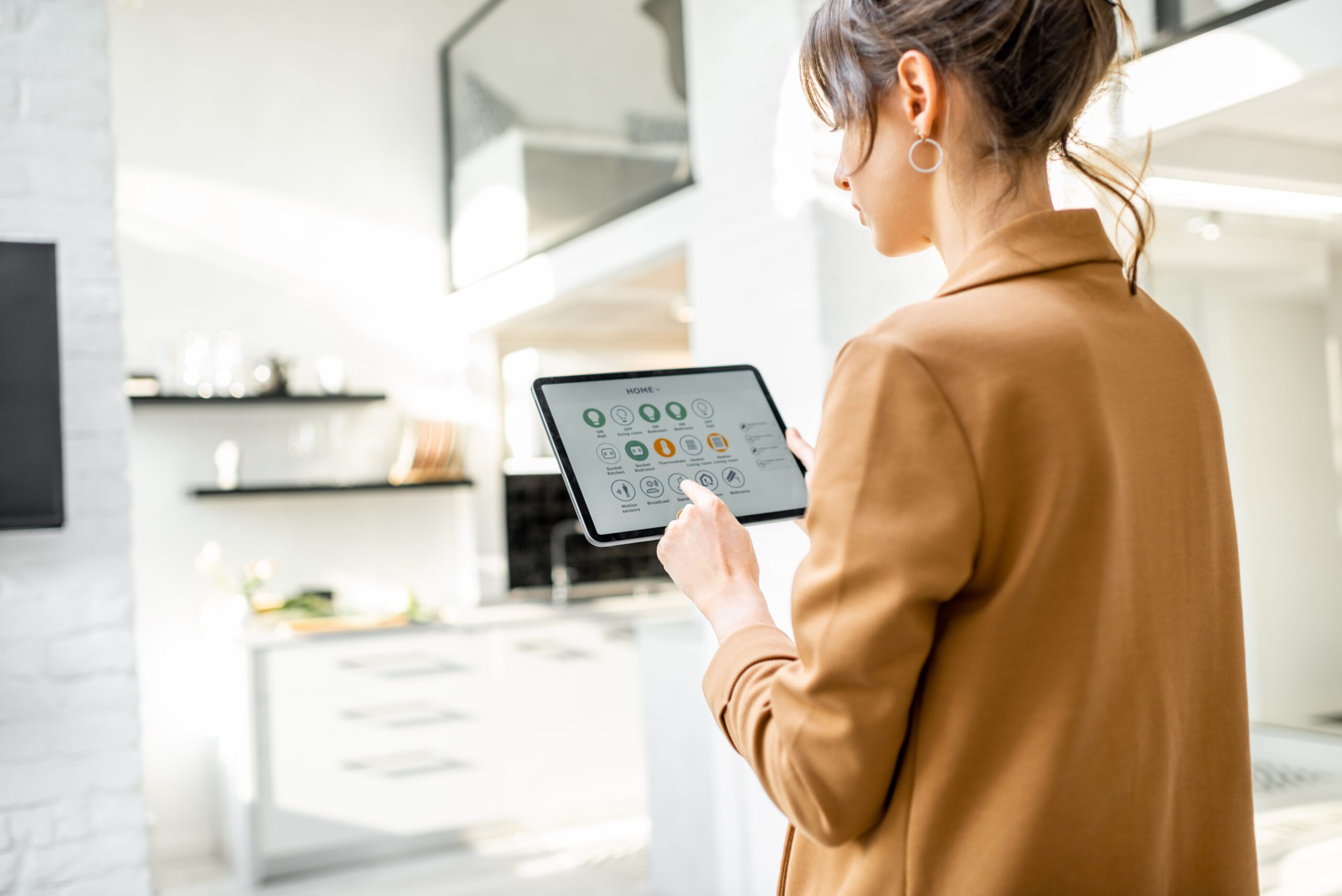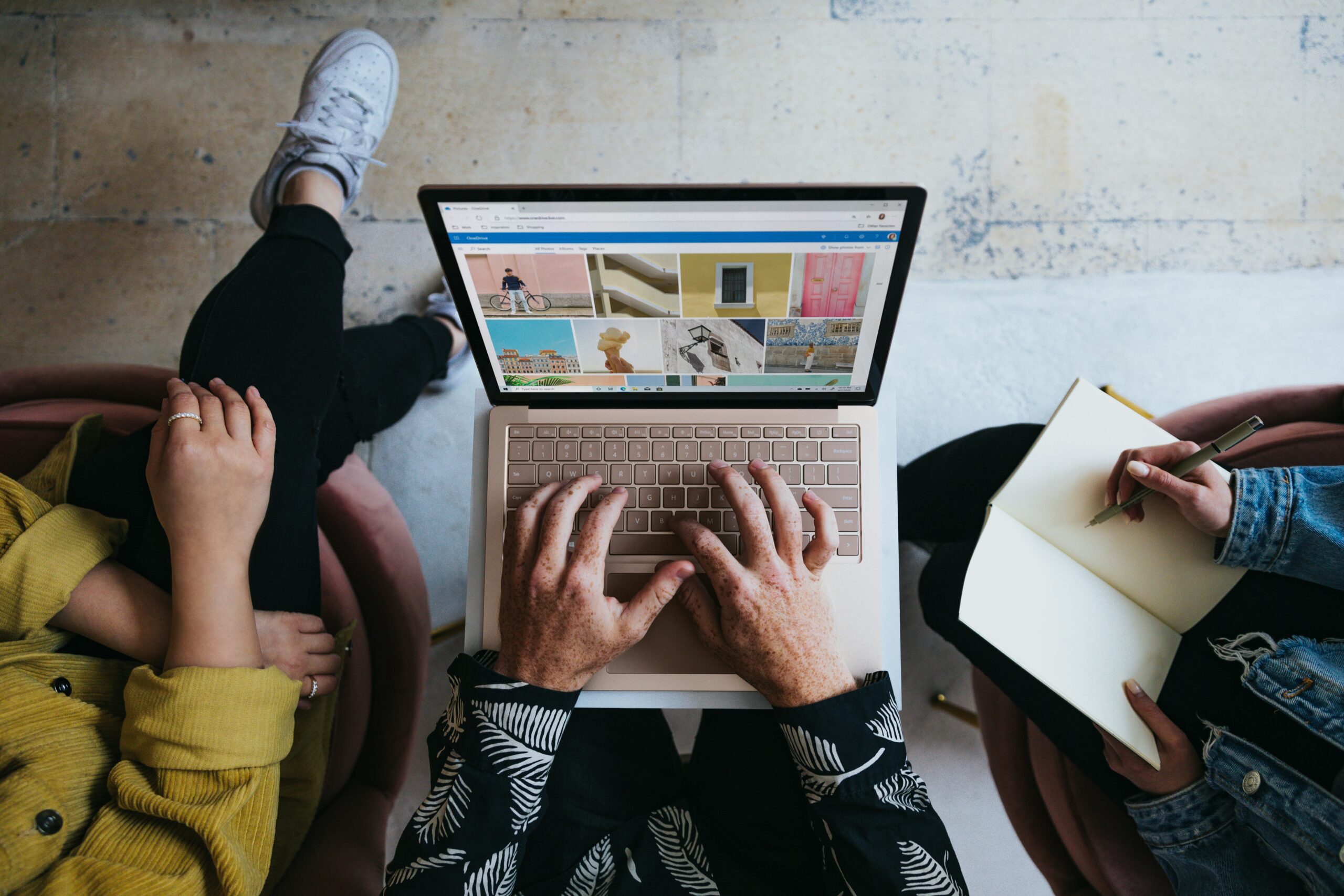Airbnb’s Updated Security Camera Policy: What Hosts Need to Know
Airbnb has recently updated its policy regarding the use of security cameras and other recording devices within rental properties, with changes set to take effect on April 30th, 2024.
This revision emphasizes transparency and respect for guest privacy while acknowledging the importance of security measures for hosts.
As a short term rental operator, understanding these changes and how they impact your property management is crucial — helping to create a safer, more trustworthy environment for your guests, and protecting your interests as a business.
This article breaks down what you need to know about the new rules and how to implement them effectively.
Table of Contents
1. Understanding Airbnb’s Updated Security Camera Policy
2. The Importance of Transparency
3. Benefits for Short Term Rental Operators
4. Navigating Legal Requirements
5. Practical Implementation Tips
6. Conclusion
Learn how noise monitoring secures your property and enhances guest safety.
Understanding Airbnb’s Updated Security Camera Policy
Under the new policy, Airbnb continues to allow the use of security cameras and other recording devices at your properties, but with strict guidelines.
The use of indoor security cameras is banned globally, while any outdoor surveillance — including doorbell cameras — must be clearly disclosed in the listing’s description. Cameras are not allowed in any areas where guests have a greater expectation of privacy, such as an enclosed outdoor shower or sauna. The policy touches on the use of smart devices that connect and interact with other devices or networks, such as Amazon Alexa or Google Home, which might not traditionally be considered surveillance equipment but must be disclosed. Noise decibel monitors that assess sound levels and their duration, but do not record audio, are permitted; however, their presence must be disclosed.
The Importance of Transparency
Being upfront about any surveillance is more than just following rules — it builds trust with your guests. All surveillance devices must be disclosed in your listing, specifying their locations and whether they will be active during a guest’s stay. This transparency ensures guests are fully aware of security measures and consent to them before they book. Failure to disclose such devices can lead to severe penalties, including suspension or removal from Airbnb.
Benefits for Short Term Rental Operators
Permitted surveillance can be a great tool to protect your property from potential damage and help ensure the safety of your assets. For example, noise monitoring devices can help you get ahead of unauthorized parties and other risks before they become complaints or bigger issues. Security cameras can deter potential security breaches, provide documented evidence in case of theft or damage, or help ensure pets are not being brought into a property that is not pet-friendly.
Short term rentals with extended periods of vacancy between guests can be more vulnerable to break-ins or damage, and visible security devices can help to deter this. Remember, the key is to balance security enhancements with respect for guest privacy through clear disclosure in your listings.
Navigating Legal Requirements
The laws regarding surveillance compliance vary significantly by region. While Airbnb’s new policy impacts all listings globally, it’s important to familiarize yourself with any local privacy laws before setting up surveillance equipment to prevent legal issues and ensure a smooth hosting experience.
Practical Implementation Tips
Audit your surveillance equipment
Before the new policy takes effect, conduct a thorough audit of your properties. Identify any security cameras, noise monitoring systems, or other smart devices. Ensure they comply with the new guidelines and adjust their placement or functionality as needed.Update your listings
Once you’ve audited your devices, update your listing details on Airbnb. Provide clear descriptions of where each device is located.Educate yourself and guests on local laws and review policy updates
Familiarize yourself with both local laws and Airbnb’s policies regarding surveillance. Additionally, consider adding a section in your house manual about the devices, explaining their purpose and how they contribute to guest safety.
Airbnb may update its policies periodically. Stay informed by regularly checking the platform’s updates and adjusting your practices accordingly. This proactive approach will help you remain compliant and avoid potential penalties.
Conclusion
The updated Airbnb security camera policy is a reminder of the delicate balance between safety and privacy. By adhering to these guidelines, you protect not only your property and your guests, but also your reputation as a trustworthy host. Always ensure your use of surveillance technology is transparent and respectful of guest privacy, aligning with Airbnb’s standards and local laws. This proactive approach will enhance guest experiences and safeguard your business against potential pitfalls.
More Articles
Want an operations tool that’s smooth and flexible?



